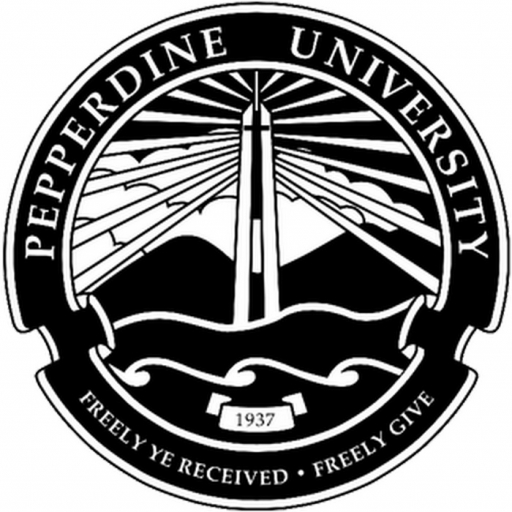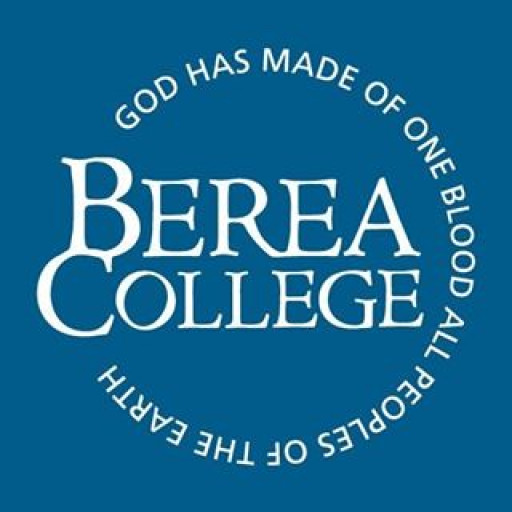Photos of university / #yale
The Program in Religion at Yale University offers an intellectually rigorous and comprehensive exploration of religious beliefs, practices, histories, and texts across cultures and traditions. This program aims to foster critical thinking, analytical skills, and a deep understanding of the role religion has played and continues to play in shaping societies, political systems, ethical frameworks, and individual lives worldwide. Students admitted to the program engage with a diverse range of religious traditions, including Christianity, Islam, Judaism, Buddhism, Hinduism, and indigenous belief systems, among others, through interdisciplinary coursework that combines history, philosophy, anthropology, literature, and theology.
The curriculum is designed to provide both broad contextual knowledge and specialized research skills, encouraging students to examine religious phenomena from various perspectives and methodological approaches. Core courses often include the study of sacred texts, religious philosophies, rituals, institutional structures, and the socio-cultural impacts of religion. Additionally, students have opportunities to participate in seminars, independent research projects, and fieldwork, allowing for a personalized exploration of particular areas of interest. The program fosters an environment of scholarly inquiry, dialogue, and engagement with contemporary religious issues, including religious identity, interfaith relations, secularism, and the role of religion in modern society.
Faculty members are distinguished scholars and experts in their respective fields, offering mentorship and guidance tailored to students’ academic and career aspirations. The program also encourages interdisciplinary thinking, integrating insights from history, sociology, psychology, and the arts to deepen students’ understanding of religious phenomena. Graduates of the program are well-equipped for careers in academia, education, public policy, religious organizations, journalism, and related fields. The Program in Religion at Yale University provides a stimulating academic community dedicated to exploring one of the most significant aspects of human culture and experience through rigorous study and compassionate understanding.
The Religion program at Yale University offers an in-depth exploration of the diverse beliefs, practices, and historical developments of religious traditions around the world. Students engaging with this program will analyze major religious movements, their cultural contexts, philosophical foundations, and their influence on societies and individuals. The curriculum is designed to foster critical thinking and inclusive understanding by examining texts, rituals, stories, and artifacts from a wide range of religions, including Christianity, Islam, Judaism, Buddhism, Hinduism, and indigenous belief systems.
Students will have the opportunity to study religious texts in their original languages where possible and will learn to interpret them within their historical and cultural frameworks. The program emphasizes interdisciplinary approaches, combining perspectives from history, anthropology, literature, philosophy, and theology to provide a comprehensive understanding of religious phenomena. Courses may cover topics such as the history of religious ideas, ethics, mysticism, religious art and architecture, and the role of religion in contemporary issues such as social justice, politics, and globalization.
The program also encourages experiential learning through visits to religious sites, engagement with faith communities, and participation in interfaith dialogues. Students develop skills in textual analysis, rhetorical interpretation, and comparative methodology, preparing them for careers in academia, education, public service, or religious leadership. Additionally, the program aims to promote mutual respect and understanding among diverse communities by examining the ways religion shapes identity, morality, and social norms. Graduates of the program are well-equipped to contribute thoughtfully to discussions on religion’s role in the modern world and to pursue advanced studies or leadership roles within religious and cultural organizations.
Program requirements for the Bachelor’s Degree in Religion at Yale University typically include a combination of core courses, electives, and research or thesis components. Students are expected to complete foundational courses in religious history, texts, and philosophies, which may encompass classes such as Introduction to Religious Studies, Comparative Religion, and Theories of Religion. Advanced coursework often involves specialized seminars focusing on particular traditions, regions, or thematic issues like mysticism, ethics, and religious anthropology.
Students are encouraged to develop language skills relevant to their area of study, which might include ancient, classical, or modern languages depending on their research interests. Participation in discussion sections, writing assignments, and exams are integral to assessment. Many programs require a Senior Essay or thesis that demonstrates independent research and critical analysis of religious topics, often under the guidance of faculty advisors.
Elective courses allow students to explore diverse faith traditions such as Christianity, Judaism, Islam, Hinduism, Buddhism, and indigenous religions, as well as contemporary issues like religion and society, gender, and globalization. Interdisciplinary options may include courses in history, anthropology, literature, and philosophy to complement religious studies.
Students also participate in colloquia, lectures, and conferences to broaden their understanding of the field and engage with ongoing scholarly debates. Internships or practical experiences in religious communities, museums, or non-profit organizations may be recommended or required as part of experiential learning components.
Throughout their academic journey, students are expected to demonstrate critical thinking, analytical writing, and a nuanced understanding of religious diversity and complexity. The program fosters scholarly independence and prepares students for careers in academia, education, religious leadership, public service, or related fields. The degree culminates in a comprehensive examination or thesis submission, fulfilling the university’s graduation criteria for the Bachelor’s in Religion at Yale.
Financing studies for the Yale University Program in Religion are primarily supported through a combination of institutional funding, fellowships, and scholarships aimed at reducing financial barriers for students. Yale offers a range of funding opportunities to help graduate students pursue their studies without undue financial burden. Many students receive teaching or research assistantships that provide stipends and tuition remission, enabling them to focus fully on their academic pursuits. Additionally, the university’s fellowship programs are highly competitive and provide full or partial funding, often covering tuition, health insurance, and living expenses. These fellowships are awarded based on academic merit, research interests, and potential contributions to the field of religious studies. The university also encourages students to apply for external fellowships and grants, which can supplement their Yale funding and provide additional resources for research projects, conferences, and fieldwork.
Graduate students are advised early in their academic careers to explore various financial aid options and to develop a comprehensive funding plan. Yale’s Office of Financial Aid offers guidance and resources to assist students in understanding their eligibility for different funding streams. Many students also secure funding through their home countries’ governmental or private scholarship programs, especially if they are international students. The program supports students in accessing all available financial assistance to ensure that financial constraints do not impede their academic and research activities.
In terms of typical expenses, students should budget for tuition, health insurance, books and supplies, and personal living costs. The university provides detailed cost estimates annually, helping students plan their finances effectively. Overall, the goal of Yale’s financing studies programs is to create an inclusive environment where talented students can pursue advanced religious studies regardless of their financial situation, fostering a diverse and vibrant academic community.
The Department of Religious Studies at Yale University offers an extensive and rigorous program dedicated to the academic study of religion. The program explores a diverse array of religious traditions, texts, practices, and historical developments across different cultures and regions. Students engaging in this discipline gain a comprehensive understanding of religious beliefs, rituals, ethical systems, and their influence on society and history. The curriculum is designed to foster critical thinking and analytical skills, encouraging students to examine religious phenomena from multiple perspectives, including theological, historical, sociological, and philosophical viewpoints.
Yale’s approach to religious studies emphasizes interdisciplinary research, integrating insights from anthropology, history, literature, philosophy, and other fields to develop a nuanced understanding of religion’s role in shaping human experience. The program typically offers courses on major world religions such as Christianity, Islam, Judaism, Buddhism, Hinduism, and indigenous belief systems, along with more specialized topics like religious ethics, modern religious movements, and the role of religion in politics and society. Students often have the opportunity to participate in research projects, internships, and study abroad programs that deepen their engagement with religious topics.
The faculty comprises renowned scholars dedicated to advancing knowledge in the field. They often publish influential work and participate in global conversations about religion’s role in contemporary issues. The department also hosts lectures, conferences, and seminars that enrich the academic environment and provide students with networking opportunities. Students pursuing a major or concentration in Religious Studies at Yale are encouraged to develop strong analytical and interpretive skills applicable to careers in academia, education, journalism, public policy, non-profit work, and intercultural dialogue.
Yale’s religious studies program is built on the university’s broader commitment to fostering diversity, critical inquiry, and intellectual excellence. It aims to prepare students not only to understand religious traditions historically and theoretically but also to engage thoughtfully with the religious dimensions of current global issues. The program often integrates primary source analysis, fieldwork, and engagement with living religious communities to provide a holistic educational experience.
Graduates of Yale’s religious studies program have gone on to influential careers in academia, religious leadership, law, government, and cultural organizations, reflecting the broad applicability and importance of this field of study. Whether students seek to become scholars, educators, or engaged global citizens, the program provides a solid foundation in understanding one of the most fundamental aspects of human life—religion.




